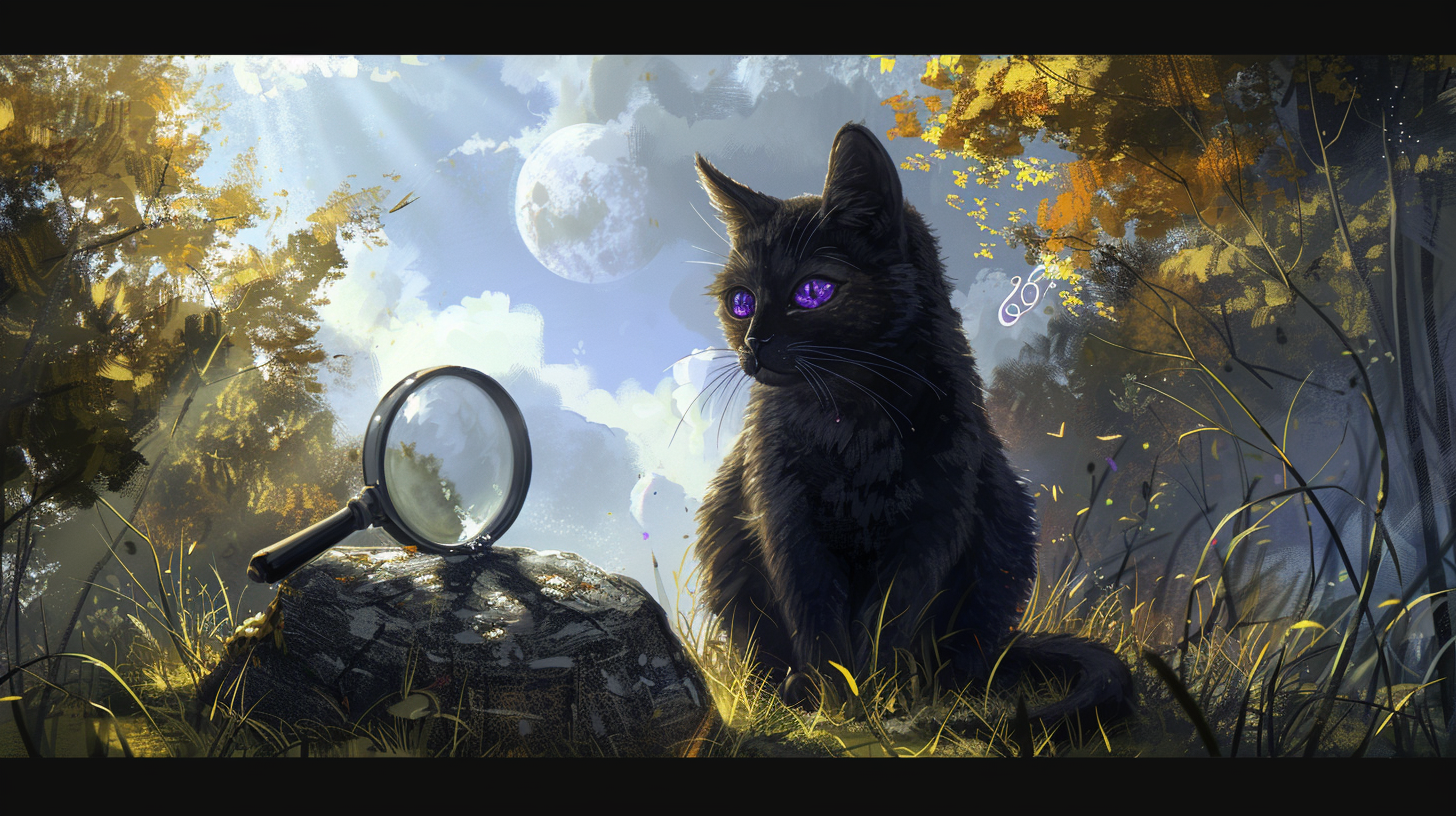Finding My Femininity Only to Lose It
Humans must balance the masculine and feminine - or suffer the consequences

Who are we, really?
Is identity based in our job? Our clothes? Our hair? Is identity derived from our family's legacy - noble or otherwise?
Where do we find the spark that defines each of us as distinctly the person we are?
The American Dream states explicitly we are our status and our possessions. We are who we know and whom we can fool into respecting us. I believed in the American Dream. Unfortunately, I still do - to a certain extent. Old habits die hard.
But what we do is not who we are. Our personality can be traced through our actions, but we can certainly rebel against our judgment. We can act as if we fulfill social expectations when in truth we are dying inside.
In 2007, I moved to Colorado with the young, inquisitive blonde woman - now my wife, and newly minted Dr. Herrick. I believed if I acted the way I did as a graduate student, I could recapture how I felt in graduate school. That is, how I felt presenting as Selina - my feminine alter ego - on a regular basis.
But I had no intent to live as Selina. I conflated moving to Colorado to become a chemist with the actions I performed the last time I had been a chemist.
In my defense, human nature - including my own - was obscure to me. I read philosophy because it was abstract. People were irritating - they betray each other; they betray themselves.
I'd like to think I knew better. But I didn't.
I just didn't have chemistry
After ten years as a software engineer, I had convinced myself I was bored. I convinced myself I had conquered all technical challenges that existed in the field.
My wife was writing her doctoral dissertation, and we had no ties to New York. It was time to reinvent myself by assuming the form I had 15 years earlier.
In my mind, if I were a chemist, certainly I would be happy - at least, happier than a software engineer. I acknowledged no separation between my job and my identity - I didn't simply work in software. I was a software engineer.
The last time I remembered being at all comfortable as myself was in graduate school, although I neglected to reflect too deeply about what helped me feel comfortable. It sure as hell wasn't doing chemistry for eight bucks an hour; it was expressing myself as Selina - as a woman - regularly.
But I was not ready to admit to myself what I truly wanted and needed. I had endured 10 years of work in technology. I had overcome inordinate difficulty finding work in the face of the terrorist attacks of September 11. I had fought for authority as a software engineer. And on top of the professional challenges, I had lost much of my humanity to medications.
I had fought too hard to give up now.
With a move back into chemistry, my unstated goal was to be successful as a man without the backbiting and infighting I felt could only exist in technology. But I struggled as a post-doctoral researcher. Although I found I could learn about semiconductor electrochemistry, I learned it half-heartedly.
My problem was not the subject through which to express my weak masculinity. My problem was that expressing masculinity made me feel weak.
Fortunately, the professor who hired me moved to a different university.
But I was there
When a professor moves their research laboratory to a different university, both graduate students and post-doctoral researchers typically follow. Professors instill loyalty to the science in their students. The research represents a higher cause to which students pledge their fealty.
After a year, however, I chose to break my oath to science, burning bridges I had no intent of crossing again. At first, I considered simply going back into software, but my decision was made by a chance conversation with the Head of the Chemistry Department.
An adjunct faculty member had left in a huff and in a hurry, and I - mediocre chemist and unknown employee - possessed all the qualities Fran Drescher did as "The Nanny:" I was there.
To be clear, I also needed money, and teaching chemistry sounded like an adequate way to kill time as I figured out what I really wanted to be.
Imagine my surprise when I found teaching university students was exactly the push I needed. As an undergraduate, I learned the benefit of teaching by analogy from a professor who inspired his students with examples out of "Star Trek." As a graduate student, I cared that my students learned what I was assigned to teach.
And as a new Assistant Professor and Upper Division Laboratory Coordinator in the Department of Chemistry, I rediscovered my passion for sparking the flame of understanding in my students.
Learning to lead
An odd trend in university professors is the belief they are employed to do research - or more accurately, to write research grants - and not to teach students. Current statistics of the number of retractions in academic journals seem to indicate university professors don't do research well, either.
But my ability suddenly to focus on people - my students - as opposed to software requirements or chemistry research, opened a new avenue for my femininity.
I did not simply teach the intricacies of unit analysis to students with fully-paid tuition. I did not merely explain the principles of instrumental analysis to customers of the university.
Instead, I nurtured my family of fledgling chemists from ignorance of truth to the moment they flew solo from my nest...er...laboratory. I mean...until they graduated.
As a professor, I was a parent. I was responsible for young minds, and I took my responsibility very seriously. I could not allow a student to walk away from my care untended.
Without any expectations, my approach to teaching earned a nomination for Teacher of the Year. Finally - I had been recognized and rewarded!
Frankly, I did not win the award that year or any year. But I did discover how I could act as the person I wanted to be - the person I knew I was - but did not express out of fear of rejection by my social environment.
I could be a leader. I could establish and grow teams. I could build people up, and launch them into success.
All this time, I had focused my attention on personal achievement. I would become the best engineer. I would create the best design. I would shout down any dissenters. I would write the most spectacular research grants.
Armed with my desire to create, I decided to try my hand in technology again. But this time, I would not be an engineer, I would be a manager.
Both blessing and curse
I had my reasons to return to technology. Academia, it turns out, is filled with bloviators: professors shirking as much responsibility as possible while coasting on their credentials…and their tenure.
Admittedly, I tolerate puffed-up egos poorly, and I had bumped up against too many people whose inflated view of their importance did not match the quality of their thought or action.
My wife and I decided to stay where we were - in Colorado. We both loved the area, and we wanted a place where roots could grow deep. We bought a house. We tried to have a child.
Perhaps I had finally found peace.
There are moments in life where we realize our destiny suddenly takes a turn at an acute angle. When my wife found out she was pregnant, I was indulging my femininity as a manager while defending my technical experience against consultants ostensibly hired to help me, but in truth to replace me.
I was in between the feminine and the masculine. I wished desperately to sink further into the feminine, but lacked the authority - and the confidence - to push my own career in the direction I desired.
My wife and I went to an ultrasound appointment at the end of the first trimester of pregnancy. It was perfectly routine, of course, and we expected no complications.
It was true - there were no complications, yet we received news so profound, I still remember the event clearly almost 14 years later. The ultrasound indicated our child was healthy...and we were to have a son.




